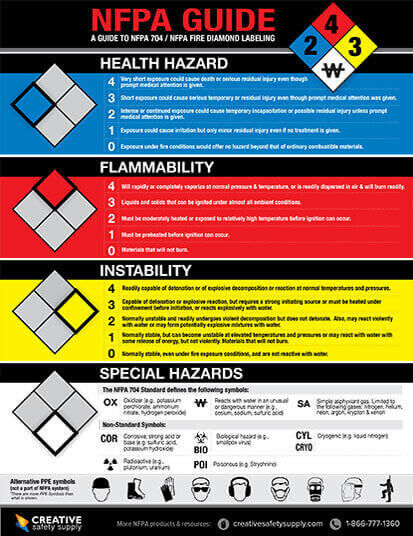
The NFPA is one of the best-known entities in the world when it comes to setting safety standards. Specifically, the NFPA 70E standards have been adopted by millions of companies for improving electrical safety, chemical safety, and other safety areas in the workplace. This leads many people to ask about who enforces NFPA standards, and what happens if they aren’t followed. This is an interesting question, and somewhat more complex than one might expect.
NFPA is a Consensus Standard
Since the NFPA is not a governmental agency, they don’t actually have any enforcement authority at all. They are just a private organization that works to help to create standards based on data and information gathered from businesses around the world. Rather than making sure businesses follow their standards by using the force of law, the NFPA is a consensus standard.
This simply means that businesses follow the NFPA recommendations because they have the consensus of most other businesses in the world. If a company chooses not to follow the NFPA standards, there will be no legal consequences or fines. That being said, however, it will likely become more difficult to work with other businesses that do follow these standards. This means it is the consensus of the global community that helps to encourage everyone to follow these best practices.
OSHA Involvement
While the NFPA itself doesn’t have any type of regulatory authority, their standards have been adopted by many governmental agencies. In the United States, for example, OSHA has incorporated NFPA best practices into their standards.
If a company is operating within the US and doesn’t follow those standards, OSHA will issue fines or other penalties against them. Other regulatory bodies in other countries have also adopted these standards. So, from this point of view, the NFPA standards are enforced by OSHA and other agencies in various countries.
In the end, however, the majority of countries in the Western world follow NFPA standards because they have been proven to be effective. Businesses are able to improve safety, and in the long run, save money, by following the consensus that has been established by the NFPA.
Similar Questions
- When are NFPA labels required?
- When are NFPA diamonds required?
- Are NFPA and ISO standards the same?
- Are NFPA standards law?
- How are NFPA standards adopted?
- What does the NFPA regulate?
- Are NFPA codes retroactive?
- Are NFPA labels required by OSHA?
- What are the NFPA codes?

